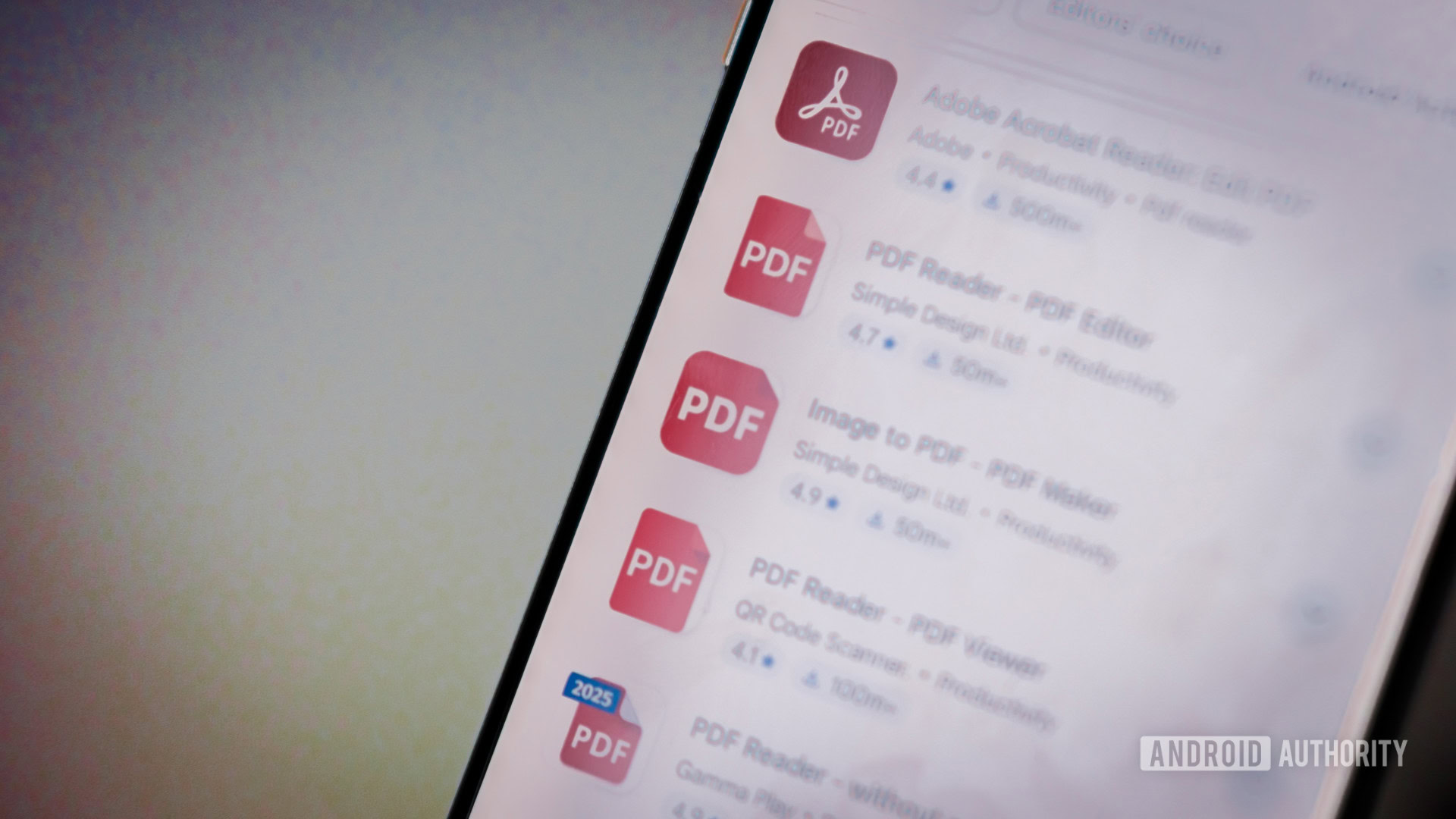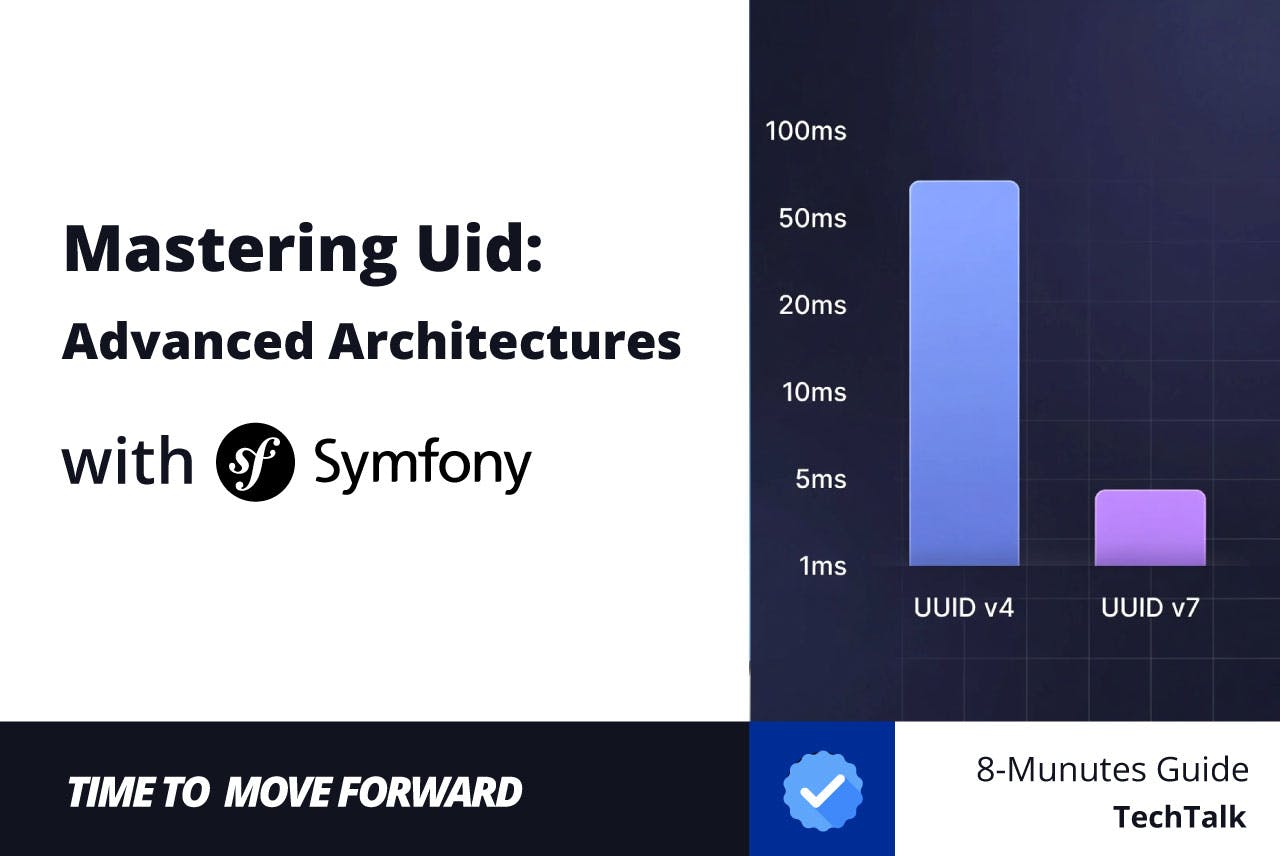The first Lotus diagram was created in the 1970s by Yasuo Matsumura, a Japanese management consultant. Inspired by mind mapping and other creativity techniques of the time, he wanted to design a structured brainstorming method that made it easier for teams to expand on a central idea in a systematic way.
And that’s the beauty of a lotus diagram. Start with a single idea in the center, then let it unfold into organized clusters of possibilities. What usually begins as a vague concept becomes a map of connections you can trace properly.
In this guide, we’ll explore free lotus diagram templates from and others, for creative inspiration, structured thinking, and team collaboration.
Free Lotus Diagram Template for Brainstorming & Idea Mapping
What Are Lotus Diagram Templates?
A Lotus Diagram Template is a visual brainstorming and organization tool for structuring ideas, concepts, or tasks in a clear, hierarchical manner.
It’s named for its resemblance to a lotus flower, with a central idea surrounded by interconnected layers of related ideas and concepts.
The diagram typically consists of a 3×3 grid where the center cell is your main idea, and the 8 surrounding cells are sub-ideas. Then, each of those sub-ideas can itself become the center of another 3×3 grid (another lotus).
What Makes a Good Lotus Diagram Template?
Before you start mapping ideas, you should know what separates a strong Lotus Diagram template from a weak one:
- Easy to follow: Helps distinguish main idea vs. petals vs. expansions easily with proper spacing, alignment, border, color coding, and icons, etc.
- Structured expansion: Allows you to add more blossoms (layers of sub-ideas) without breaking the layout and works equally well for simple brainstorming (just one lotus) or detailed planning (multiple blossoms)
- Space for notes: Has enough room for keywords or small sketches and margins for longer notes or sticky tags
- Visual organization: Makes it easy to see connections and hierarchy at a glance with clean lines, symmetry, and optional color coding
- Guidance prompts: Helps beginners structure their thoughts without overcomplicating the diagram with labels like ‘Main Idea’ or ‘Action Step’
👀 Did You Know? The term ‘brainstorming’ dates back to the 1940s, coined by advertising executive Alex F. Osborn in Applied Imagination (1953). He emphasized rules like ‘go for quantity’ and ‘withhold criticism’ to fuel creativity.
Lotus Diagram Templates at a Glance
Here’s a summary table for all the Lotus diagram templates listed in this blog:
| Template Name | Download Template | Ideal For | Best Features | Visual Format |
| Lotus Blossom Brainstorming Template (Visual Paradigm) | Download this template | Product strategy leads, educators | Structured grid, color-coded, multi-layer expansion | 3×3 grid, color-coded blossom |
| Lotus Diagram Template (Conceptboard) | Download this template | Workshop facilitators, virtual brainstorming | Expandable board, printable PDF, collaborative | Board, printable PDF |
| Lotus Diagram Template (Whiteboard Team) | Download this template | Startup founders, sprint planning | Color-coded sections, drag-and-drop, infinite canvas | Digital whiteboard, sticky notes |
| Lotus Diagram Template (Figma) | Download this template | UX researchers, product designers | Interactive, emoji reactions, voting, and real-time collaboration | Figma board, interactive grid |
| Brainstorming Template | Get free template | Product managers, design leads | Braindump to execution, automations, and custom fields | List, Board, Task-based |
| Brainstorm Ideas Template | Get free template | Educators, curriculum planners | Forms for idea input, MoSCoW prioritization, and assigned comments | List, Form, MoSCoW board |
| Ideation Whiteboard Template | Get free template | Product managers, teachers | Customizable board, shapes, embedded docs, task linking | Whiteboard, visual clusters |
| Mind Map Template | Get free template | Designers, marketers | Color-coded branches, task creation, freeform mapping | Mind map, whiteboard, flowchart |
| Squad Brainstorm Template | Get free template | Product squads, design teams | Whiteboard canvas, custom statuses, nested subtasks | Whiteboard, team clusters |
| Business Brainstorming Template | Get free template | Innovation teams | Four-lens structure, lotus blossom technique, goal tracking | Board, lotus diagram, goals |
| Innovation Idea Management Template | Get free template | R&D leaders, research teams | Idea input forms, Custom Fields, timeline view | List, Timeline, Status board |
Lotus Diagram Templates
also offers 1,000+ templates that combine these tools into a single workflow. They extend the technique beyond planning and connect it directly to execution.
Let’s take a look at some other lotus diagram templates that can help you get started 👇
1. Lotus Blossom Brainstorming Template by Visual Paradigm
For teams who need to move beyond surface-level ideas, the Lotus Blossom Brainstorming Template lays out a structured grid to expand one central theme into multiple layers of sub-ideas. By forcing breadth and depth, it helps uncover ideas your team might otherwise overlook.
Here’s how you can use this template:
- Start with a main idea at the center and add eight outer blocks for key themes
- Turn branches into additional sub-blocks, creating a visual ‘blossom’ that encourages deeper exploration of every concept
- Use the color-coded grid layout to see how ideas connect, grow, and diverge
✅ Ideal for: Product strategy leads mapping out new features or educators designing multi-level learning frameworks
💡 Pro Tip: In Mind Maps, you can build lotus diagrams that go beyond visualization. Start with a blank canvas to brainstorm freely or choose a task-based map to instantly connect each branch to actionable items.
Taking inspiration from the best mind map examples, you can create dependencies between tasks, rearrange priorities with drag-and-drop, and even trace workflows back to larger goals.

2. Lotus Diagram Template by Conceptboard
The Lotus Diagram Template by Conceptboard gives your workplace discussions a clear structure from the start. Open the board, invite your team, and place the main topic in the center square. From there, the first ring fills with eight initial ideas. Each of those becomes a springboard for further thoughts in the next ring.
Here’s how you can use this template:
- Identify overlapping ideas that can be combined or related to uncover stronger concepts
- Let unexpected ideas inspire new possibilities, helping you generate a full set of 24 distinct options around your main focus
- Export the template as a PDF and print it for group review
✅ Ideal for: Workshop facilitators running virtual brainstorming sessions where structured participation is essential
🧠 Fun Fact: The 6-3-5 Brainwriting method can generate 108 ideas in just 30 minutes! Invented in 1968 by Bernd Rohrbach, it works by having 6 people jot down 3 ideas every 5 minutes, then swap their sheets, rapidly building on each other’s creativity.
3. Lotus Diagram Template by Whiteboard Team
The Lotus Diagram Template by Whiteboard Team turns a single idea into a web of possibilities, great for entrepreneurs. Begin by writing your core topic in the center square. The surrounding blocks act as prompts for first-round ideas, and from there, each idea can be expanded outward until the board is filled with related concepts.
Here’s how you can use this template:
- Assign different colors to sections of your board to visually separate clusters of ideas, making it easier to follow connections as your diagram expands
- Add, move, or merge sticky notes freely to maintain your flow of thought, and use the unlimited canvas space to avoid feeling constrained by space
- Use board tools to clean up duplicates, emphasize distinctive ideas, and clearly map out actionable next steps
✅ Ideal for: Startup founders running quick sprint-planning brainstorms with distributed teams
💡 Pro Tip: Once the diagram reaches a stage where it needs feedback or group input, move to a more collaborative setting like Whiteboards. Whiteboards is a brainstorming tool that allows you to combine shapes, sticky notes, connectors, and embedded tasks on the same canvas.


4. Lotus Diagram Template by Figma
The Figma (FigJam) Lotus Diagram Template is built for creative teams that want their brainstorming sessions to feel as dynamic as their design work. Its interactive layout makes it easy to collaborate in real time, while the visual structure keeps ideas organized without limiting creative flow.
This template is perfect for product thinking, brand ideation, or campaign planning.
Here’s how you can use this template:
- Keep engagement high with interactive features like emoji reactions, voting, and cursor chat
- Help teams sort, cluster, and prioritize ideas in real time
- Tag clusters, run quick polls to vote on priorities, and drop follow-up tasks directly into their design or project boards
✅ Ideal for: UX researchers and product designers running design sprints who need brainstorming insights
5. Brainstorming Template
The Brainstorming Template applies a lotus-style framework in practice. Your ideas start in the Braindump stage, then branch into Ideation, move through Briefing, and finish in Execution. This mirrors the way a lotus diagram pushes thinking outward from a single key concept into multiple layers of refinement.
Here’s how you can use this template:
- Use Tasks to assign owners, urgency, and deadlines, ensuring each idea is properly categorized and easy to prioritize
- Set up Automations to automatically highlight the strongest ideas as winning solutions
- Apply Custom Fields to track problem definitions, resources, and ownership
✅ Ideal for: Product managers shaping feature roadmaps or design leads running cross-team ideation sessions
💡 Pro Tip: Some diagrams are hard to get off the ground, or they stall once you’ve filled in the obvious ideas. At times like these, just turn to Brain, your AI partner within .
If you’re staring at an empty cluster, it can suggest new directions.


6. Brainstorm Ideas Template
For educators planning units or structuring new courses, the Brainstorm Ideas Template turns a single theme into organized branches. Start with one focus, such as Renewable Energy. Invite ideas and their details through Forms, and see each submission land in an Idea Master List with fields for subject area, priority, and intended outcome.
From there, ideas fan out within the template’s brainstorming platform, where you can group them into categories like modules, projects, or assessments and sort them with MoSCoW stages: Must Have, Should Have, Could Have, and For Review.
Here’s how you can use this template:
- Use the drag-and-drop sticky notes to input ideas, concepts, suggestions, or a potential solution
- Group related ideas together using color coding or spatial arrangement to identify themes and patterns
- For each prioritized idea, develop a detailed action plan outlining steps, resources, owners, and timelines
✅ Ideal for: Teachers designing multi-week lesson plans or curriculum coordinators structuring core subjects into detailed units
📮 Insight: 11% of our respondents leverage AI primarily for brainstorming and ideation. But what happens to these brilliant ideas afterward? This is where you need an AI-powered whiteboard, like Whiteboards, which helps you instantly turn ideas from the brainstorming session into tasks.
And if you can’t quite explain a concept, simply ask the AI image generator to create a visual based on your prompt. It’s the everything app for work that enables you to ideate, visualize, and execute faster!
7. Ideation Whiteboard Template
Brainstorming usually starts with a flood of ideas, but without structure, they can fade in absolutely no time. That’s why the Ideation Whiteboard Template gathers them into a highly customizable board, much like a lotus diagram, to help educators and business professionals.
You start with a central theme, then branch outward into categories (process, product, or people), so clusters form in ways that are easy to follow and build upon.
Here’s how you can use this template:
- Use the Ideation Diagram View to brainstorm ideas and visualize potential solutions to problems
- Drop in shapes to frame themes, sketch arrows to connect related thoughts, embed documents for reference, or even link ideas straight to Tasks
- Tag team members with Assign Comments and layer in Custom Fields like impact and priority
✅ Ideal for: Product managers guiding design sprints, or teachers leading collaborative workshops on complex ideas
💡 Bonus: Unlock the full potential of your brainstorming sessions with Lotus templates by using the smartest tools available:
- Instantly search , Google Drive, GitHub, OneDrive, SharePoint, and all your connected apps—plus the web—to find inspiration, reference materials, and past brainstorming notes in seconds
- Use Talk to Text to voice your ideas, dictate brainstorming sessions, or command your workflow—completely hands-free, wherever creativity strikes
- Leverage premium AI tools like ChatGPT, Claude, and Gemini with a single, contextual, enterprise-ready solution
Try Brain MAX—the contextual work AI desktop app that truly understands your creative process. Ditch the AI tool sprawl and keep your brainstorming, idea management, and lotus templates all in one place.
8. Mind Map Template
The Mind Map Template gives you a clear way to capture a main idea and branch it into connected thoughts. The central bulb anchors your core topic, and from there, color-coded branches spread into sub-ideas and inputs. Each branch is easy to extend, collapse, or rearrange, so you can reshape your map as your thinking evolves.
Here’s how you can use this template:
- Create Tasks directly on the board and link them to ideas
- Sketch with the pen tool for quick notes, drop in sticky notes to capture feedback, add text blocks for clarity, or upload images that support your brainstorming
- Shift easily between free-form brainstorming and structured planning with simple workflows, flowcharts, or timelines built alongside your map
✅ Ideal for: Designers and marketers organizing campaign ideas or creative directions
9. Squad Brainstorm Template
The Squad Brainstorm Template is made for team leaders looking for a tool to bring their team together, clarify their objectives, understand their motivations, and help them work more effectively as a unit.
You can focus on one or more of the following 9 key discussion areas:
- Team Consensus: How the team collaborates
- Team Health: Individual well-being
- Team Rhythm: Improving team dynamics
- Team Communication: Communication methods and key information sharing
- Team Meetings: Meeting schedules, locations, and participants
- Team Workflow: Adapting workflows to improve efficiency
- Team Decisions: How decisions are made
- Team Roles: Individual responsibilities
- Team Resources: Tools and resources the team will use
Choose one topic to start with, or go through them one by one. For each, ask team members to grab a Sticky Note, write down their ideas, and place them on the topic board. This activity can significantly help surface diverse perspectives and promote a productive discussion.
Here’s how you can use this template:
- Encourage all team members to contribute ideas and add them to the whiteboarding tool for an interactive brainstorming environment
- Choose the most promising ideas to move forward with, combining or refining them as necessary
- Assign tasks based on the selected ideas, and set deadlines and responsibilities to ensure implementation
✅ Ideal for: Product squads, design teams, and cross-functional groups that need a central space to brainstorm freely
10. Business Brainstorming Template
Big ideas always stem from structure. The Business Brainstorming Template helps your team organize creativity into four lenses: what we love, what we know, what people need, and what they’ll pay for.
Use the brainstorm board to surface high-level opportunities, then break down each idea in a lotus blossom technique to explore sub-ideas and innovative angles.
Here’s how you can use this template:
- Ask team members to share their ideas on sticky notes that can be customized and duplicated for consistency
- Click and drag each sticky note to the appropriate category or section on the board
- Turn ideas into actionable tasks: click the sticky note, select Convert, choose Task, and then click Convert to Task
✅ Ideal for: Innovation teams driving structured brainstorming for new solutions
11. Innovation Idea Management Template
The Innovation Idea Management Template gives research teams a dedicated system for collecting proposals and evaluating them fairly. It then guides the strongest ideas toward execution, like a Lotus Diagram that expands one concept into branches, examines each angle, and guides teams in the most promising directions.
Every idea starts with an Idea Input Form (via Forms), where employees, partners, or even investors can submit their concepts. Once submitted, the idea becomes a task in , complete with Custom Fields like cost, researcher, reviewer, impact, and type. That means every suggestion enters the process with clear, comparable data.
Here’s how you can use this template:
- Move ideas through statuses like New Idea, Research, Assessment, On Hold, Approved, or Rejected
- Use the Status Board view to track ideas by dragging them to the appropriate column as their status changes
- Switch to the Launch Dates Timeline View to see when each approved idea is scheduled to roll out, grouped by department and color-coded by impact
✅ Ideal for: R&D leaders who want to capture and expand on fresh concepts before prioritization
From Brainstorming to Action with
Lotus diagrams are excellent for organizing ideas, but their real power comes when they’re connected to the work that follows. A standalone template can help you map out possibilities, but it won’t automatically turn them into tasks, priorities, or next steps.
For this, you need .
Within this platform, you can sketch out your lotus diagram in Mind Maps, collaborate on it with your team in Whiteboards, and then ask Brain to suggest ideas, fill in missing details, or even create visuals. Every branch of your diagram can link directly to a task, so nothing is lost between planning and execution.
If you’ve been using Lotus diagram templates to organize your thoughts, the next step is making those ideas actionable.
👉 Try for free today and see how quickly your brainstorming can become real progress.


Everything you need to stay organized and get work done.




















